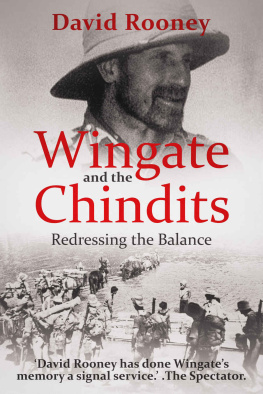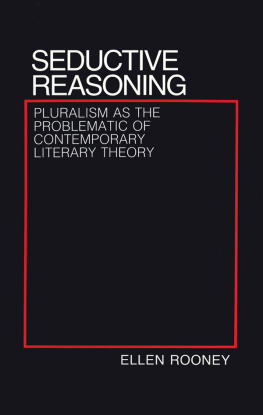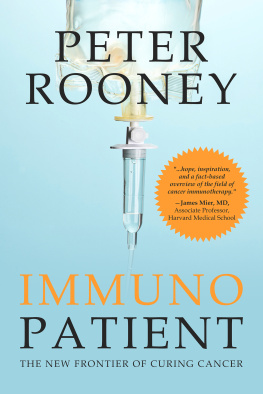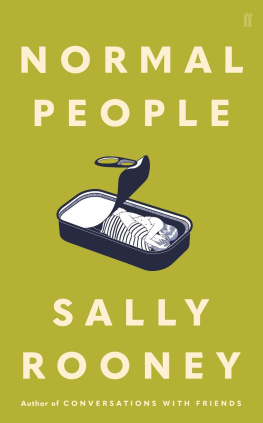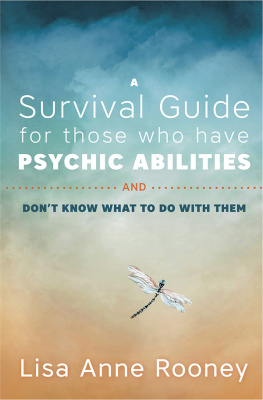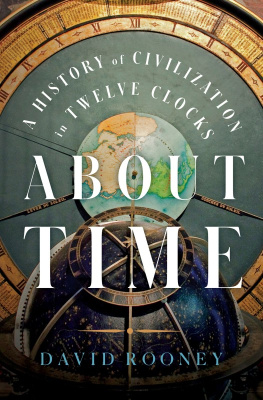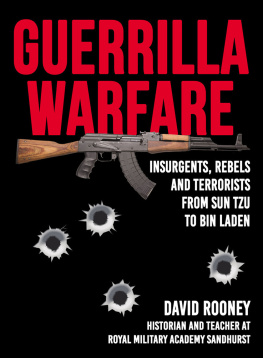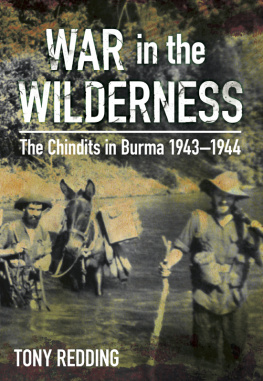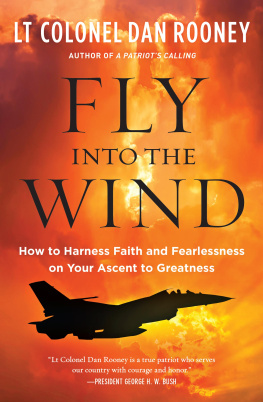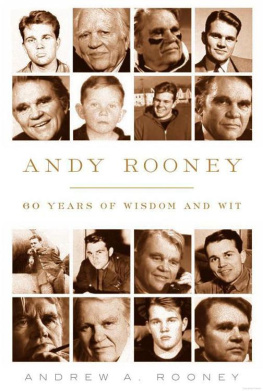Rooney - Wingate and the Chindits: Redressing the Balance
Here you can read online Rooney - Wingate and the Chindits: Redressing the Balance full text of the book (entire story) in english for free. Download pdf and epub, get meaning, cover and reviews about this ebook. year: 2019, publisher: Sharpe Books, genre: Non-fiction / History. Description of the work, (preface) as well as reviews are available. Best literature library LitArk.com created for fans of good reading and offers a wide selection of genres:
Romance novel
Science fiction
Adventure
Detective
Science
History
Home and family
Prose
Art
Politics
Computer
Non-fiction
Religion
Business
Children
Humor
Choose a favorite category and find really read worthwhile books. Enjoy immersion in the world of imagination, feel the emotions of the characters or learn something new for yourself, make an fascinating discovery.
- Book:Wingate and the Chindits: Redressing the Balance
- Author:
- Publisher:Sharpe Books
- Genre:
- Year:2019
- Rating:4 / 5
- Favourites:Add to favourites
- Your mark:
- 80
- 1
- 2
- 3
- 4
- 5
Wingate and the Chindits: Redressing the Balance: summary, description and annotation
We offer to read an annotation, description, summary or preface (depends on what the author of the book "Wingate and the Chindits: Redressing the Balance" wrote himself). If you haven't found the necessary information about the book — write in the comments, we will try to find it.
Rooney: author's other books
Who wrote Wingate and the Chindits: Redressing the Balance? Find out the surname, the name of the author of the book and a list of all author's works by series.
Wingate and the Chindits: Redressing the Balance — read online for free the complete book (whole text) full work
Below is the text of the book, divided by pages. System saving the place of the last page read, allows you to conveniently read the book "Wingate and the Chindits: Redressing the Balance" online for free, without having to search again every time where you left off. Put a bookmark, and you can go to the page where you finished reading at any time.
Font size:
Interval:
Bookmark:
WINGATE AND THE CHINDITS
Redressing the balance
David Rooney
Sharpe Books
Should you be interested in hearing about more news and info on special offers from Sharpe Books please visit sharpebooks.com and sign up to our newsletter.
If you are a book blogger or interested in reviewing any of our titles please also get in touch through our website.
Should you be a writer we are also accepting submissions.
Copyright David Rooney 1994
David Rooney has asserted his rights under the Copyright, Design and Patents Act, 1988, to be identified as the author of this work.
First published in 1994 by Arms and Armour.
This edition published in 2019 by Sharpe Books.
Table of Contents
I wish, first, to express my sincere gratitude to Brigadier Michael Calvert DSO, and Lieutenant-Colonel Peter Cane MC, both intrepid Chindit leaders, who have generously put their vast knowledge of the Chindits at my disposal, and have helped in every way. Sadly, Peter Cane, who was the main inspiration for this book, died in April 1994. I respectfully dedicate it to his memory.
The primary purpose of this book is to describe in a readable form the remarkable career of Major General Orde Wingate; secondly, in a clear and concise way, intelligible to the general reader, to tell the story of the Chindit campaigns in Burma; and finally to unravel the murky background of how one man, in the privileged position of editor of the Official History, succeeded in denigrating Wingate and influencing generations of both authors and readers; if possible, I hope to rectify that injustice.
My interest in Wingate and the Chindits was aroused when I wrote Burma Victory (1992), which described the battles of Imphal and Kohima and touched on the Chindit issue. The most obvious problem centred on the almost universal praise, led by General Slim, which Wingate received when he was killed in 1944, and which contrasted starkly with the dismissive and highly critical view of Wingate which Slim put forward in Defeat into Victory (1956). This was followed by the vicious criticism of Wingate in the Official History published in 1961. These points just did not add up, and deserved further serious research. The tale that unfolded was more remarkable than could have been expected, and forms the final section of this book.
I am particularly grateful to the following individuals and organisations: Harold Hyam Wingate Foundation for a grant towards the expenses of my research; Lieutenant-Colonel Orde Wingate for access to the Wingate Papers; Colonel Jimmy White and the Officers and members of the Chindit Old Comrades Association who have strongly supported my project they have generously furnished me with much valuable material, and I apologise that I have been unable to attribute it individually. Most of this is now in the Imperial War Museum; for assistance in my research I am grateful to my former colleague Dr David Chandler at the Royal Military Academy Sandhurst; Colonels Hugh Patterson and Kenneth Robertson; Pat Andrews and Richard Ponman at the Cabinet Office; Simon Robbins at the Imperial War Museum; the staff at the Churchill College archives, the Cambridge University library, the National Army Museum, and the Public Record Office Kew. Also to Michael Elliott-Bateman at Manchester University and the staff of John Rylands library; Major Klebanov and the Hagana Museum Tel-Aviv; Rika Shin for advice on the Japanese aspect; Brigadier Mead for his support; David Shirreff for his advice on the Ethiopian campaign; J Milner CBE; Douglas Fairbanks and Dekho magazine; Elena Tsatskis for solving all my computer problems, and Carol Cooper for her technical help. Finally my thanks go to our daughter Kathy Rooney for her work on my script, and to my wife for her support.
David Rooney
Cambridge, 1994
On 24 March 1944, at the height of the second Chindit campaign in Burma, Major General Orde Wingate DSO and two bars, who had created and personally led the Chindits, was killed when the Mitchell bomber in which he was flying from Imphal to Lalaghat in Assam, crashed into a mountain side. Everyone on board was killed. Thus died a strange, lonely and eccentric man; and a brave, resourceful and brilliant soldier, who ranks among the outstanding military leaders of the Second World War. In the army he had been a difficult and abrasive colleague, who inspired deep loathing and resentment, and, at the same time, respect, loyalty and devotion.
His enemies considered him a vulgar upstart and charlatan, but an answer to that charge is given in the Order of the Day which he published at the launch of the first Chindit expedition in February 1943, and exemplifies the zeal, determination and deeply religious nature of his character:
Today we stand on the threshold of battle. The time of preparation is over, and we are moving on the enemy to prove ourselves and our methods. At this moment we stand beside the soldiers of the United Nations in the front line trenches throughout the world. It is always a minority that occupies the front line. It is a still smaller minority that accepts with a good heart tasks like this that we have chosen to carry out. We need not, therefore, as we go forward into the conflict, suspect ourselves of selfish or interested motives. We have all had the opportunity of withdrawing and we are here because we have chosen to be here; that is we have chosen to bear the heat and burden of the day. Men who make this choice are above the average in courage. We therefore have no fear for the staunchness and guts of our comrades.
The motive which has led each and all of us to devote ourselves to what lies ahead cannot conceivably have been a bad motive. Comfort and security are not sacrificed voluntarily for the sake of others by ill-disposed people. Our motive, therefore, may be taken to be the desire to serve our day and generation in the way that seems nearest to our hand. The battle is not always to the strong nor the race to the swift. Victory in war cannot always be counted upon, but what can be counted is that we shall go forward determined to do what we can to bring this war to the end which we believe best for our friends and comrades in arms, without boastfulness or forgetting our duty, resolved to do the right so far as we can see the right.
Our aim is to make possible a Government of the world in which all men can live in peace and with equal opportunity of service.
Finally, knowing the vanity of mans effort and the confusion of his purpose, let us pray that God may accept our service and direct our endeavours, so that when we shall have done all we shall see the fruit of our labours and be satisfied.
O. C. Wingate, Commander,
77th Indian Infantry Brigade.
Wingate was the man of whom it was said He was a prince among men, or he was a thoroughly nasty bit of work. He gained devoted admirers and ruthless enemies who traduced his memory now is the time when a balanced investigation will bring out the truth.
Wingates upbringing under the stern tenets of the Plymouth Brethren contributed substantially to his unconventional outlook. His early years were dominated by this dour sect. Started by a Protestant clergyman of the Church of Ireland in the 1820s because of the corruption of the Anglican Church, the Brethren believed that the whole of Christendom lay under Gods stern displeasure because it had fallen away from the purity of the New Testament. This unrelenting attitude and a vivid fear of eternal damnation, certainly influenced Wingate as a boy, and although he later rejected many of the Brethrens beliefs, the melancholy consciousness of Gods displeasure remained with him for many years.
Next pageFont size:
Interval:
Bookmark:
Similar books «Wingate and the Chindits: Redressing the Balance»
Look at similar books to Wingate and the Chindits: Redressing the Balance. We have selected literature similar in name and meaning in the hope of providing readers with more options to find new, interesting, not yet read works.
Discussion, reviews of the book Wingate and the Chindits: Redressing the Balance and just readers' own opinions. Leave your comments, write what you think about the work, its meaning or the main characters. Specify what exactly you liked and what you didn't like, and why you think so.

